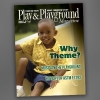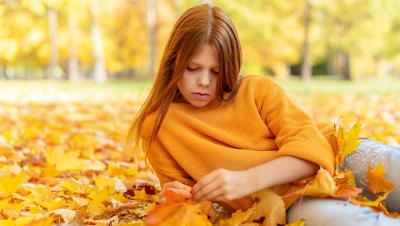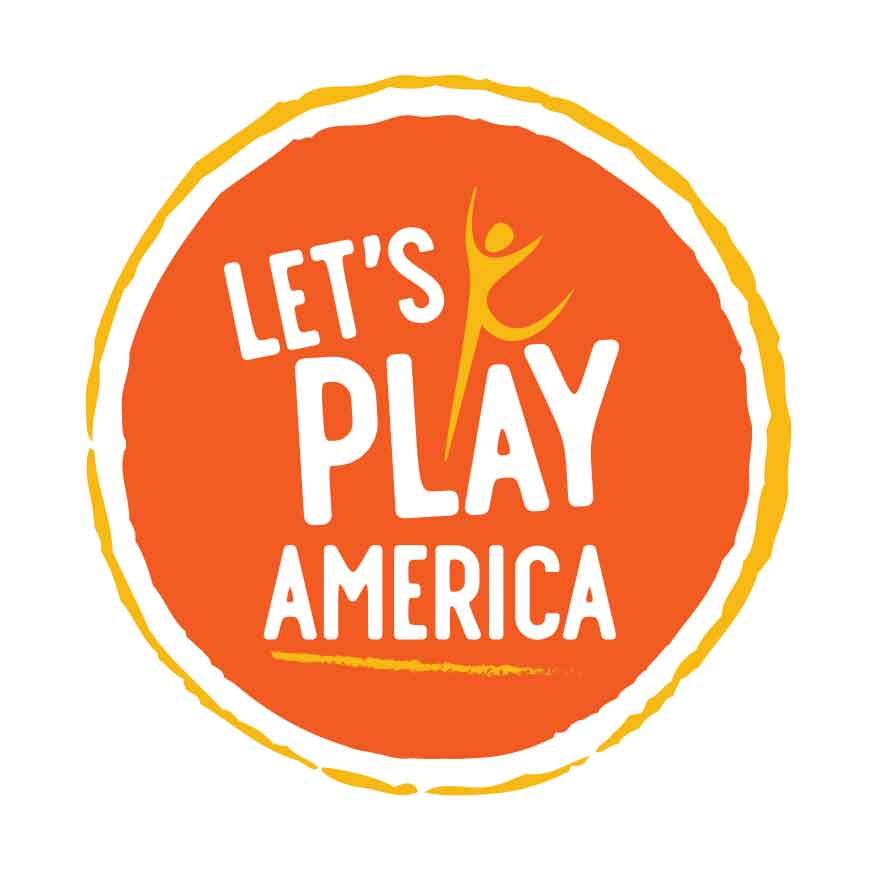When it comes to watching too much television, my better half gives me a hand-slapping every now and then. And she gave me a big one this past October.
CNN and its partners in crime (er, crime reporting, that is) had decided to open up a buffet of editorial snack food. For weeks, it seemed, they slapped it down on the often-empty plates of a panic-stricken public. It was relentless.
Now, the public was panic-stricken, right? Well of course it was—the media told me so. Thus, like many Americans, I tuned in to hear this daily. OK, hourly. Never mind that in spite of the perpetual parade of experts and bogus white minivan sightings, for long stretches there was really nothing to report.
One day my wife had had enough. The remote disappeared. A day later, she had the whole set sitting out in the garage, claiming it “blew a fuse.” I was furious. That set was my Sugar Daddy, and I wanted my fix. She knew this, of course. That’s why she did the right thing.
More recently I almost received another slapping, but not for tuning in (obviously, how could I?). In this second round, I was admonished for almost joining in.
Look, we knew going into this issue that the last thing we wanted was an exposé on “the growing danger of letting kids play.” Even if that point was to be made, it’s like holding back the tide. But we did feel it necessary to find some perspective on how these events—tragic as they were—have affected our outlook on safe playgrounds and the psychological/emotional spin-offs of using them.
Among the reporters from the national networks and the big weekly magazines, our own Dan and Gini McKain went quietly about their assignment from Today’s Playground. They stood in with rank-and-file beat reporters, their notepads filling and tape recorders spinning. It didn’t take long, however, to see that the real story—the story that mattered to us—wasn’t going to be discovered at Chief Moose’s press party. In large part, it was to be discovered with a side-trip to a local playground. Here Dan and Gini found a midday, midweek scene so quiet and empty that it was downright spooky.
“We knew schools were in session,” Dan told us just days before the two suspects were identified and arrested. “For Pete’s Sake, it was a nice day. Inside we could only guess at the challenges facing teachers and all those pent-up kids.”
What comes out in the wash (See story, Page 30) is an exclamation point on the whole issue of the value of play. More importantly, I feel this kind of current-events coverage offers a new (or at least drastically re-worded) set of questions about how far we must go not just in promoting or “building in” playground safety, but in ensuring it.
Consider the following:
- The national media chronicles a string of child abductions, and we’re telling our children they’re safe.
- Oklahoma City shakes and suffers thanks to a brainwashed recreant, and we’re telling our children they’re safe.
- Terrorist hijackers mow down our cultural cathedrals, and we’re telling our children they’re safe.
And now we hear of snipers taking to the streets in a rolling nest of death. We’re doing what we’ve always done: ensuring our children that they are safe. I’m not saying this is a bad thing. I’ve gone through this with my own daughters. I don’t want them to worry that the next time I board a plane, hop out to pump some gas or just go to work, there would be a good chance Daddy will bite the big one.
Don’t they deserve to know that bad things happen, even though the worst of bad things may be exceedingly rare?
Consider how such honest, the-world-isn’t-Candyland lessons could be absorbed, stored and carried over to the simpler things in a child’s life, like thinking twice before heading down the slide headfirst, or hanging from the monkey bars—by the ankles.
Nothing is going to curb media sensationalism. Children are sponges, even if the water is dirty. Our jobs as parents, educators and playground supervisors is to show just as much honesty and frankness as we do assurance and consolation….and maybe even think about clearing a spot in the garage for our televisions.







Add new comment